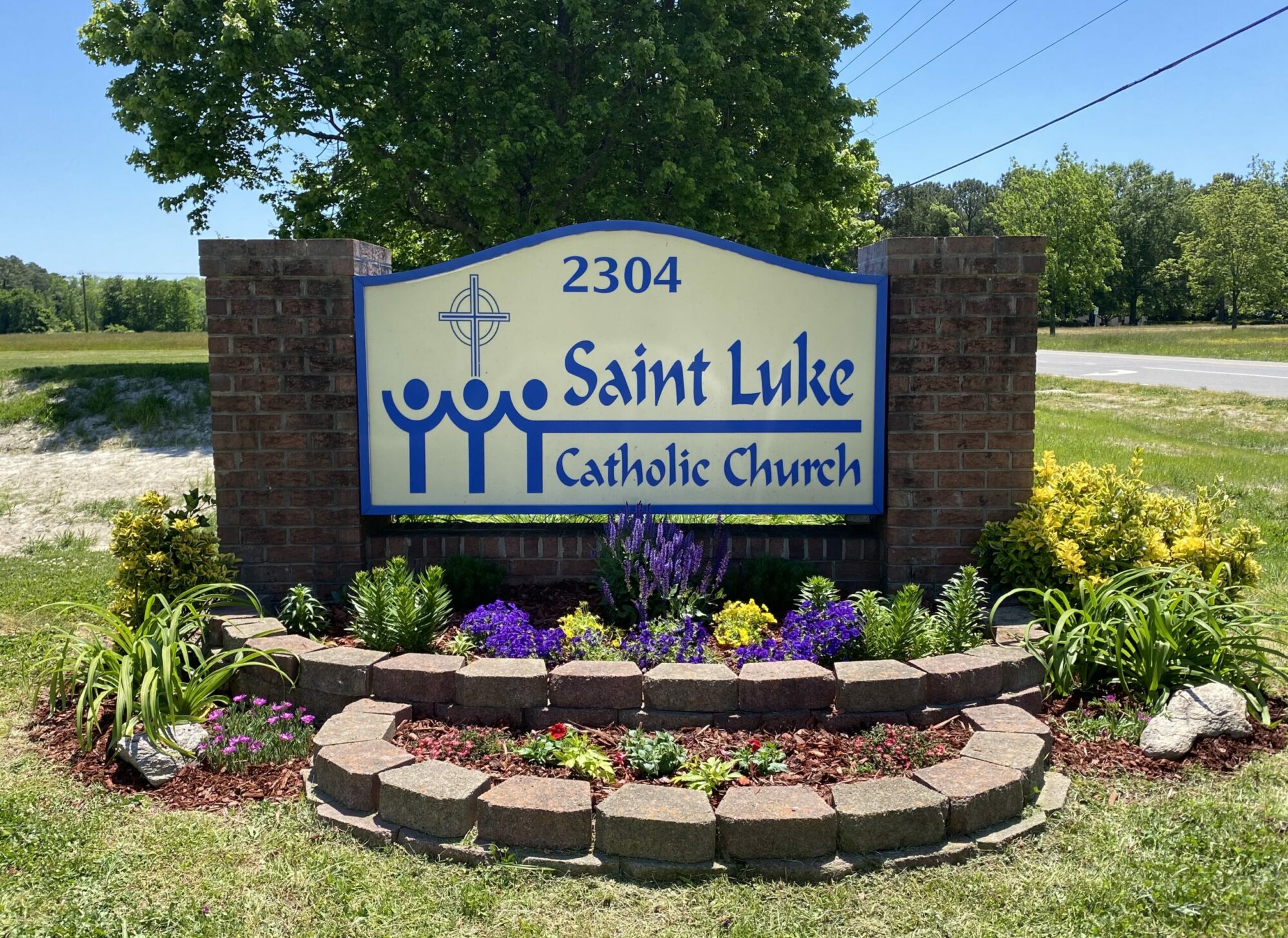Is anyone among you sick? He should summon the presbyters of the church, and they should pray over him and anoint [him] with oil in the name of the church
James 5:14
Anointing of the Sick is the second of the two healing sacraments. In this Sacrament, the hoped-for effect is that, if it be God’s will, the person be physically healed of illness. But even if there is no physical healing, the primary effect of the Sacrament is a spiritual healing by which the sick person receives the Holy Spirit’s gift of peace and courage to deal with the difficulties that accompany serious illness or the frailty of old age. When appropriate, this sacrament should be preceded by the sacrament of Penance, and followed by the sacrament of the Eucharist.
Does the sacrament heal? Yes. Sometimes such inner healing results in a physical cure; sometimes it allows medical treatment to be more effective; and sometimes it helps someone face death calmly and hopefully. In each case we are grateful for the compassion of our God.
Only a priest can anoint the sick. There are three distinct, and integral, aspects to the Anointing of the Sick.
- Prayer of faith: Like all the sacraments, the Anointing of the Sick is a liturgical and communal celebration. It can be celebrated for one person, or a group of sick persons, and it can take place anywhere the priest joins the sick, a home, hospital or church.
- Laying on of hands: The Priest lays his hands on the sick, and prays over them. Appealing for the coming of the Holy Spirit upon the sick person, and it’s also a gesture of healing and Jesus’ own usual manner of healing.
- Anointing with oil: The practice of anointing the sick with oil signifies healing, strengthening, and the presence of the Spirit; strengthening the sick against illness.
